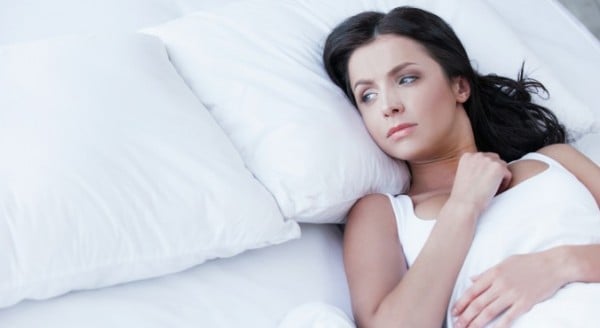
Image via iStock
By Gemma Paech, Washington State University
It is estimated that around 30 per cent of adults do not get enough sleep on a regular basis. To put it another way, their sleep need – the actual amount of sleep an individual needs to feel rested and function at their best – is not being met.
Sleep loss, as anyone who has gone to school or work on fewer hours of sleep than they need can tell you, has a number of consequences. Some of them, like increased sleepiness, slower reaction time and poor concentration can impair performance at work. But sleep loss can also influence physical health, leading to health issues such as an increased risk of developing chronic diseases. In fact it affects so many adults that the Centers for Disease Control and Prevention have labeled insufficient sleep a public health epidemic.
RELATED: 6 things you had no idea your body did while you sleep
There are a lot of reasons why adults aren’t able to get sufficient sleep on a regular basis, some of which we can control and some of which we can’t. If insufficient sleep is the result of a medical condition, like sleep apnea or insomnia, treatment can help. But other factors that can lead to sleep loss, like poor work hours, are harder to control.
We can’t all be morning people
Sleep need is highly individual – some people need more sleep and others may need less. And sleep need can also change significantly depending on different circumstances. For instance, when you are ill, your sleep need may be different from when you are healthy. And when you prefer to sleep – our circadian preference, whether we are night owls or early birds – also varies between individuals. It’s also strongly influenced by our genes, which means we have little control over whether it’s easier to wake up early or stay up late.


